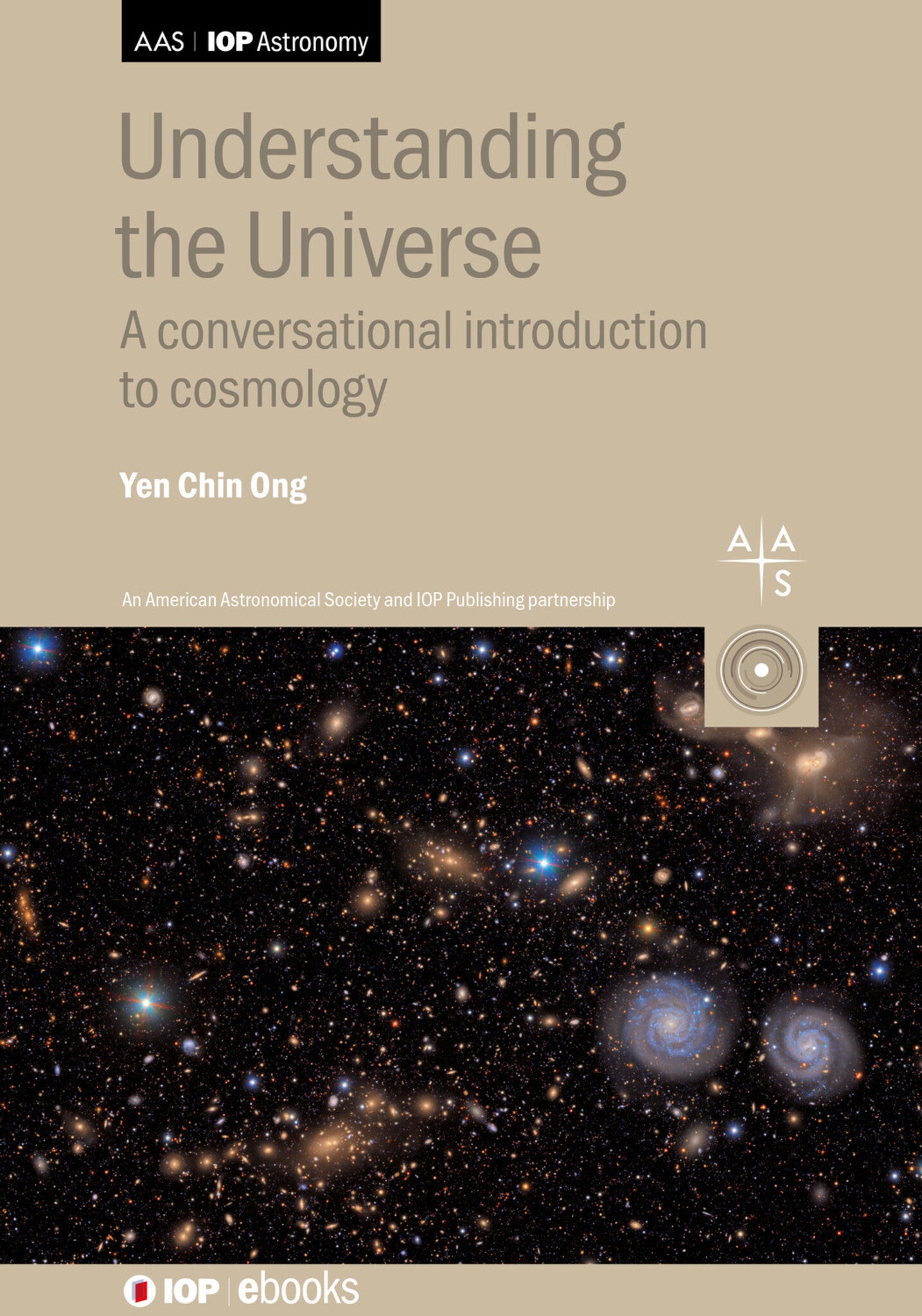We're sorry. An error has occurred
Please cancel or retry.
Understanding the Universe

Some error occured while loading the Quick View. Please close the Quick View and try reloading the page.
Couldn't load pickup availability
- Format:
-
01 October 2025

Cosmology is the study of our entire Universe: how it begins, evolves, and might eventually end. This book prepares the reader with some basic background in physics, such as thermodynamics and quantum mechanics, but with focus on their eventual applications in astrophysics and cosmology.
It tackles big questions such as “Why is the night sky dark?” and “What are dark matter and dark energy?” Rather than a traditional textbook, it serves as a companion, emphasizing conceptual understanding and historical context over detailed calculations. A key theme is the interplay between science, philosophy, and the arts. The book also introduces mathematical modeling, using examples like Kepler’s Solar System model and Olbers’ Paradox.
Key Features:
- An introduction to modern theoretical physics in gravitation, black holes and cosmology
- Building up to the frontier of current research starting from the basic but fundamental ideas
- Emphasis on how ideas are developed through the history and the underlying philosophy of the subject. This aims to encourage critical thinking skills.
- Examining, or at least makes clear, the assumptions and philosophical thinking in contemporary ideas in gravitation and cosmology

SCIENCE / Physics / Astrophysics, Cosmology and the universe, Galaxies and stars, Theoretical and mathematical astronomy

- Introduction: Science as a Human Endeavor
- Heavenly Spheres and Planetary Motion
- The Science of Heat
- The Infinite Universe and the Dark Sky
- Our Changing Cosmos
- The Dark Sector
- Light: Particle, Wave and Both
- The Revolution of Quantum Mechanics
- Staring Into the Abyss of Black Holes
- Beyond the Horizons
- Making Sense of Spacetime
- Modifying Physics
- The Big Questions



